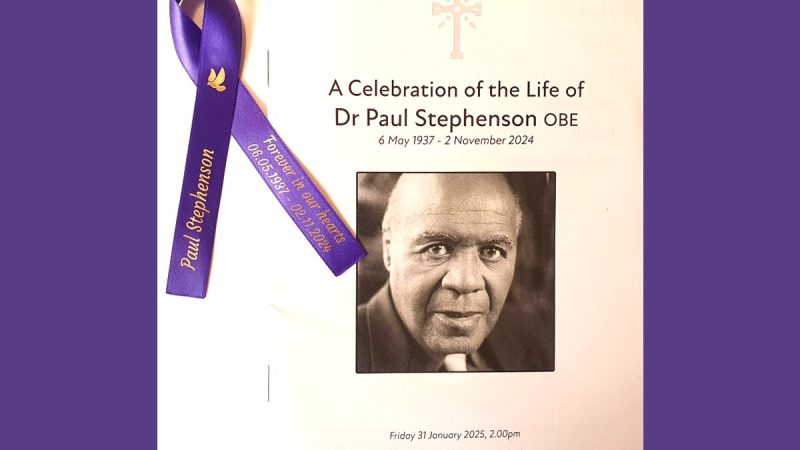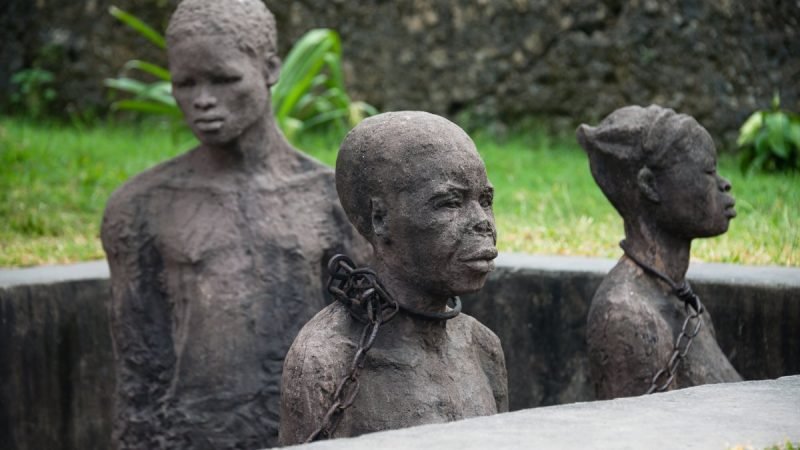EHRC Inquiry into the impact of coronavirus on ethnic minorities

The Equality and Human Rights Commission (EHRC) has today launched an inquiry into the impact of coronavirus on ethnic minorities. 'The coronavirus pandemic has shone a light on long-standing, structural race inequality in Britain, and raised serious issues that have yet to be fully answered', it stated.
'Our decision to use our legal powers to undertake an inquiry builds on our previously published Roadmap to Race Equality, which called for a government-wide strategy to address long-standing racial inequalities in all areas of life, focusing on education, employment, health, housing and criminal justice. This announcement is only a first step.'
This in-depth analysis will help develop clear, evidence-based recommendations for urgent action to tackle entrenched racial inequalities in a specific area. It will also take account of the differences and opportunities in England, Scotland and Wales.
'We have long known that people from a range of ethnic minorities are treated less fairly across all areas of life. This has a significant and cross-generational impact on their chances to succeed and prosper.
The first step of the process will be to meet race equality leaders to discuss our proposals for an inquiry. Our ongoing work has shown that there are disproportionate numbers of ethnic minority groups living in substandard accommodation, and there is a need to improve access to healthcare, employment, educational outcomes and in the immigration system.
These underlying inequalities are deep-rooted issues that we identified in our report Healing a Divided Britain, and have been thrown into sharp focus and exacerbated by the coronavirus pandemic. We will focus on a specific area to highlight the cumulative impacts on people from different ethnic minorities and recommend the urgent action that needs to be taken. This will help to ensure these inequalities are tackled once and for all, so that the disproportionate impact we have seen can never happen again.'
David Isaac, Equality and Human Rights Commission Chair, said:
“Now is a once in a generation opportunity to tackle long-standing entrenched racial inequalities. We intend to use our statutory powers to address the loss of lives and livelihoods of people from different ethnic minorities.
“Only by taking focused action to tackle race inequality across Britain will we become a fair country in which every individual can reach their full potential. Everyone must live and work together in order to create a strong economy and a cohesive society.
“This inquiry is part of our long-term strategic approach to tackle the structural inequalities that the coronavirus pandemic has laid bare. This is an important step towards ensuring that the deep-rooted inequality faced by ethnic minorities is meaningfully addressed as we rebuild.”
The Mayor of London, Sadiq Khan, said: "I'm pleased that the Equality and Human Rights Commission has acted on my call to launch an investigation into the disproportionate impact of the COVID-19 pandemic. I asked them to investigate if enough is being done to protect BAME Londoners who are being hardest hit during the crisis and to understand the urgent action needed to mitigate its effects.
"Evidence clearly shows that Covid-19 has exposed the major health inequalities that exist in our society, and has laid bare the negative impact it continues to have on the lives of BAME Londoners, including in employment and immigration status.
"It's crucial that lessons are learned and action taken swiftly to address them."
The inquiry is one of a number of steps the EHRC is taking as part of a wider programme of work to address systemic race inequalities. This includes reviewing and strengthening existing calls on the Government to put in place a comprehensive race equality strategy. The EHRC has also been active on specific pandemic issues affecting some ethnic minorities, including predicted grading in education and return to work policies.
'In addition, we have made a robust series of policy recommendations to the Women and Equalities Committee, other parliamentary Select Committee inquiries and Parliamentary Committees in Scotland and Wales into the pandemic. This was to address emerging concerns on the disproportionate impact on people from different ethnic minorities.'
The terms of the inquiry setting out the detail will be published in the coming weeks.




